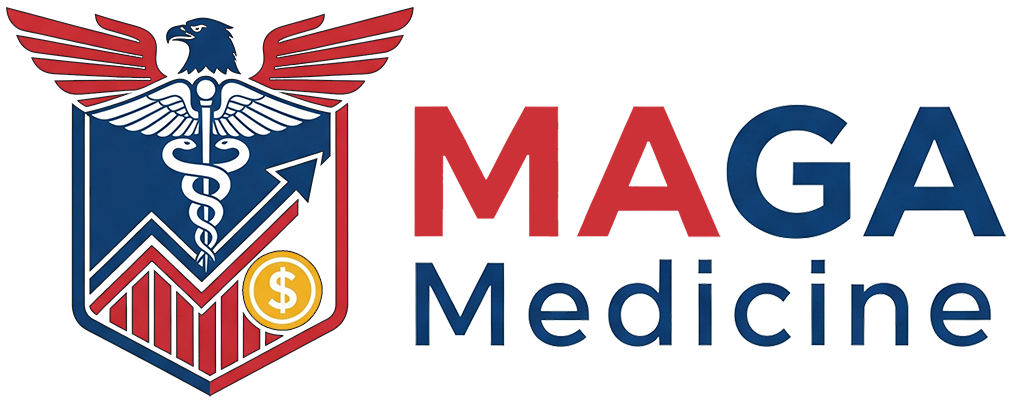Published on
European lawmakers will make the case for wildlife trafficking to be recognised as organised crime by 2030 at the upcoming United Nations gathering in Uzbekistan to discuss wildlife protection from over-exploitation due to international trade.
Elephants, rhinoceros, wild birds and amphibians are among the creatures mentioned in the mandate agreed by lawmakers on Wednesday, which included reservations regarding China’s lack of transparency regarding its pangolin stockpiles.
Lawmakers asked for increased protection for shark and ray species and proposed a legally binding instrument to stop ivory trafficking in the EU.
“We’ve seen an increased demand for protected banned species, especially through online trade. We’ve seen hidden hunting for these listed species. We need illegal trade to be sustainable,” lawmaker Esther Herranz-Garcia (Spain/EPP) said on Wednesday during the plenary debate in the European Parliament.
The goal is to ensure that the only trade in wild fauna and flora is legal and sustainable, lawmakers said, consistent with long-term species conservation and helping halt biodiversity loss.
European lawmakers will call on all countries to step up their enforcement of the UN convention, noting current provisions to ban and restrict wildlife trafficking are “inadequate”.
“We need greater digitalisation and better traceability that ensures control of the trade of these species. Together with border control as well as coercive measures in case of illegal activity,” added Herranz-Garcia.
European Commissioner for Environment Jessika Roswall said the EU’s attendance at the UN meeting on the Convention on International Trade in Endangered Species of Wild Fauna and Flora will be an opportunity to “strengthen the fight against wildlife trafficking” and “reinforce multilateralism cooperation”.
“It will be a crucial moment for global efforts to ensure that some trade flows do not threaten the survival of endangered wild species,” said Roswall.
‘Protecting species must come before profit’
Brussels has taken action to tackle wildlife trafficking since 1983, when it began regulating trade at EU level. But it was only in 2016 that the bloc adopted its first plan to combat illegal wildlife trade.
The 27-member bloc also supports online enforcement networks that enable information sharing among customs, police, and environmental authorities.
All member states are also encouraged to implement UN regulations to ensure that trade in endangered species is strictly controlled, despite lawmakers considering these efforts insufficient.
The International Fund for Animal Welfare (IFAW) welcomed the Parliament’s resolution and called on the European Commission and EU countries to heed the lawmakers’ position in the EU’s common negotiating stance in Samarkand.
The EU remains a central hub and destination for wildlife that has been ‘stolen’ from the Americas, Africa, Eastern Europe, Asia and Oceania, IFAW’s report reveals, suggesting the bloc’s increased responsibility in curbing poaching.
“This resolution shows that the European Parliament wants the EU to take real responsibility for its role in the global wildlife trade,” said Ilaria Di Silvestre, director of policy and advocacy Europe at IFAW. “It’s a clear message that protecting species must come before profit.”
The UN Convention on International Trade in Endangered Species of Wild Fauna and Flora will take place in Uzbekistan’s Samarkand from 24 November to 5 December.
Read the full article here
